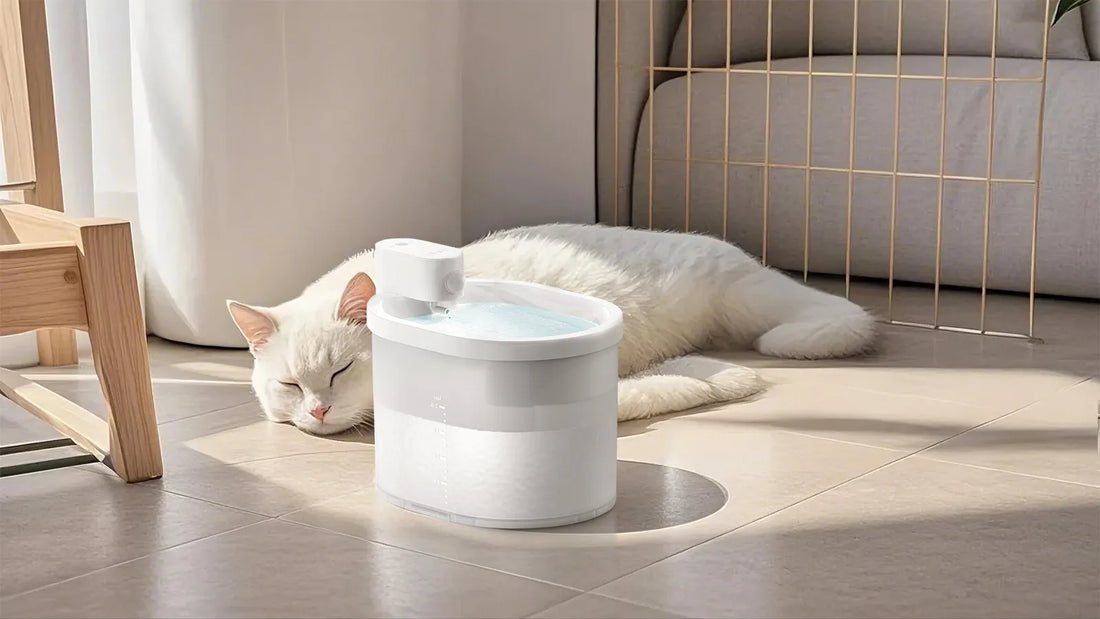When it comes to your furry friend's health, dental care is often overlooked but is just as important as any other aspect of their well-being. Understanding how much a dog teeth cleaning costs can help you plan and ensure your pet receives the care they need without breaking the bank.
Why Dog Teeth Cleaning Is Important
Just like humans, dogs can suffer from dental issues such as plaque buildup, gum disease, and tooth decay. Regular teeth cleaning can prevent these problems and improve your dog's overall health. Poor dental hygiene can lead to more severe health issues, including heart, liver, and kidney diseases.
Factors That Influence the Cost of Dog Teeth Cleaning
The cost of dog teeth cleaning can vary widely depending on several factors. These include the size of your dog, the severity of dental issues, the location of the veterinary clinic, and whether additional procedures are needed.
Size of the Dog
Larger dogs typically require more time and resources for teeth cleaning, which can increase the cost. Smaller dogs, on the other hand, may be less expensive to treat.
Severity of Dental Issues
If your dog has significant plaque buildup, gum disease, or other dental problems, the cleaning process will be more complex and time-consuming, leading to higher costs.
Location of the Veterinary Clinic
Veterinary clinics in urban areas or regions with a higher cost of living may charge more for teeth cleaning services compared to those in rural areas.
Additional Procedures
Sometimes, additional procedures such as tooth extractions, X-rays, or anesthesia may be necessary, which can add to the overall cost.
Average Cost of Dog Teeth Cleaning
On average, dog teeth cleaning can cost anywhere from $200 to $800. This range includes the basic cleaning procedure, but additional treatments can push the cost higher. It's essential to get a detailed estimate from your veterinarian to understand what is included in the price.
Tips to Manage the Cost of Dog Teeth Cleaning
While dog teeth cleaning is an essential part of pet care, there are ways to manage the cost effectively. Here are some tips:
Regular Brushing
Brushing your dog's teeth regularly can help prevent plaque buildup and reduce the need for professional cleanings. Use a toothbrush and toothpaste specifically designed for dogs.
Dental Chews and Toys
Dental chews and toys can help keep your dog's teeth clean by reducing plaque and tartar buildup. Look for products that are approved by veterinary dental associations.
Pet Insurance
Consider investing in pet insurance that covers dental care. This can help offset the cost of regular teeth cleanings and other dental procedures.
Shop Around
Don't hesitate to shop around and compare prices from different veterinary clinics. Some clinics may offer discounts or payment plans to make dental care more affordable.
What to Expect During a Dog Teeth Cleaning Procedure
Understanding what happens during a dog teeth cleaning can help you prepare for the procedure and ensure your pet is comfortable. Here's a step-by-step overview:
Initial Examination
The veterinarian will conduct a thorough examination of your dog's mouth to assess the extent of dental issues and determine the best course of action.
Anesthesia
Most dog teeth cleaning procedures require anesthesia to keep your pet still and comfortable during the process. The veterinarian will monitor your dog's vital signs throughout the procedure.
Cleaning Process
The veterinarian will use specialized tools to remove plaque and tartar from your dog's teeth, both above and below the gumline. They will also polish the teeth to smooth out any rough surfaces.
Additional Treatments
If necessary, the veterinarian may perform additional treatments such as tooth extractions, X-rays, or applying fluoride to strengthen the teeth.
Post-Procedure Care
After the cleaning, your dog may be groggy from the anesthesia. The veterinarian will provide instructions for post-procedure care, including any medications or dietary restrictions.
Long-Term Benefits of Regular Dog Teeth Cleaning
Investing in regular dog teeth cleaning can have long-term benefits for your pet's health and well-being. Here are some of the advantages:
Prevention of Dental Diseases
Regular cleanings can prevent common dental issues such as plaque buildup, gum disease, and tooth decay, ensuring your dog's mouth stays healthy.
Improved Overall Health
Good dental hygiene can reduce the risk of more severe health problems, including heart, liver, and kidney diseases, which can be linked to poor oral health.
Better Breath
Regular cleanings can help eliminate bad breath, making your dog more pleasant to be around.
Increased Lifespan
By maintaining good dental health, you can help extend your dog's lifespan and improve their quality of life.
Taking care of your dog's teeth is an essential part of their overall health. By understanding the costs involved and taking proactive steps, you can ensure your furry friend stays happy and healthy for years to come. Don't wait until dental issues arise—start prioritizing your dog's dental care today.













